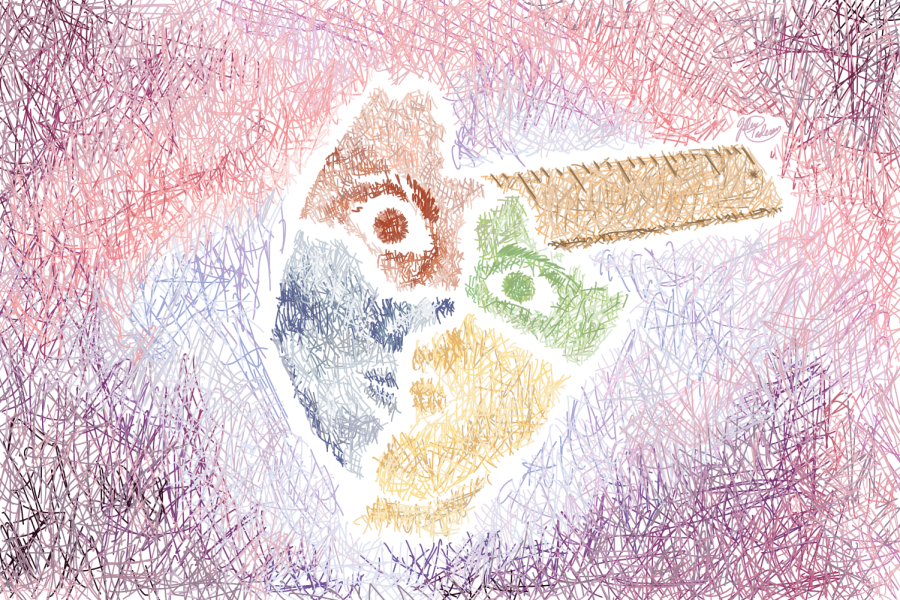Syrian President Bashar al-Assad should be brought to the International Criminal Court (ICC) on charges of crimes against humanity. These are formal charge, and according to the International Crimes Database, “crimes against humanity are inhumane acts….committed as part of a widespread or systematic attack against civilians.” The ICC’s Rome Statute lays out more detailed criteria for ICC-specific crimes against humanity jurisdiction. The Chinese and Russian governments have voted against full United Nations court jurisdiction of the case, which requires unanimous agreement, and it will be difficult to force al-Assad to personally appear in trial, but the moral argument for his conviction is still very potent. The al-Assad regime should to be required to face charges of crimes against humanity in the International Criminal Court.
Al-Assad’s crimes include torture, withholding essential resources from civilians, and murder. Many of the lives lost during these atrocities include peaceful protesters or citizens caught in government barrel-bombing and chemical attacks, or those that result from government-sponsored suspensions of medicine, food, and water. Those whom the Syrian government has arrested–including individuals who committed such small crimes as vaguely offensive Facebook posts–almost always show signs of torture preceding their deaths. Furthermore, the majority of the government’s counter-arguments come from civilians and officials tortured into giving false confessions–a severe obstruction of justice–and which discredits most of the justifications that the regime provides to the public. And, although plenty of evidence against al-Assad exists, the ICC cannot always obtain it. Civilians try to help their cases with photos or videos; however, although they prove that a crime actually took place, visual evidence does not prove that al-Assad himself was behind the offense.
Bill Wiley of the Commission for International Justice and Accountability (CIJA), an organization essential to the current recovery of evidence against the al-Assad regime, says that sources of information further up in the government need “to focus on documentation generated by the regime.” Two sources that worked directly with the Syrian government have been particularly helpful in this movement: Abdelmajid Barakat and a man known only by the name Caesar. Barakat helped leak documents from al-Assad’s Central Crisis Management Cell (CCMC), and Caesar leaked evidence that a significant number of hospitals in Syria were actually torture centers that lied about the causes of thousands of deaths. Barakat’s documents have also been particularly instrumental in the continued conviction effort because they detail the meetings of the CCMC. According to The New Yorker, Barakat’s leaks show that the CCMC organized “the systematic torture and murder of tens of thousands of Syrians.” The leaks provide further evidence that the organization was operated by Bashar al-Assad “[with the cooperation of] his security-intelligence agencies, and implemented by [his] regime operatives.” In a recent report that utilized first-hand Syrian government records, the CIJA also formalized al-Assad’s direct involvement in his regime’s various crimes against humanity. The commission found that the President “reviewed [and edited] the proposals, signed them, and returned them to the Crisis Cell for implementation. He also issued [many] decrees without consulting the Crisis Cell. [No] security decision…. was made without al-Assad’s approval.”
In order to investigate al-Assad further, sources must look for more recent and perhaps more definitive government directives in addition to proving that potential and existing leaks come from genuine sources with no ulterior motive. This movement will also need funding from the parties interested in al-Assad’s prosecution. As proper evidence becomes more readily available and exposes more and more of the crimes that the president has inflicted upon Syria, Bashar al-Assad should be brought to the International Criminal Court on multiple charges of crimes against humanity.









